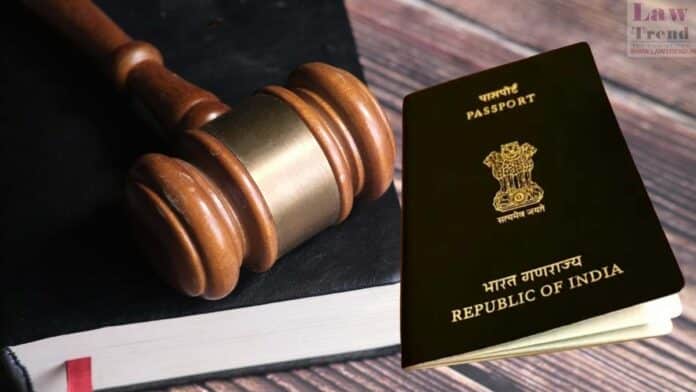In a landmark ruling that reiterates the constitutional protection of a person’s right to be presumed innocent until proven guilty, the Rajasthan High Court, led by Justice Arun Monga, held that reducing the validity of a passport for an under-trial without substantial reasons is an arbitrary action that undermines the presumption of innocence enshrined in
To Read More Please Subscribe to VIP Membership for Unlimited Access to All the Articles, Download Available Copies of Judgments/Order, Acess to Central/State Bare Acts, Advertisement Free Content, Access to More than 4000 Legal Drafts( Readymade Editable Formats of Suits, Petitions, Writs, Legal Notices, Divorce Petitions, 138 Notices, Bail Applications etc.) in Hindi and English.




